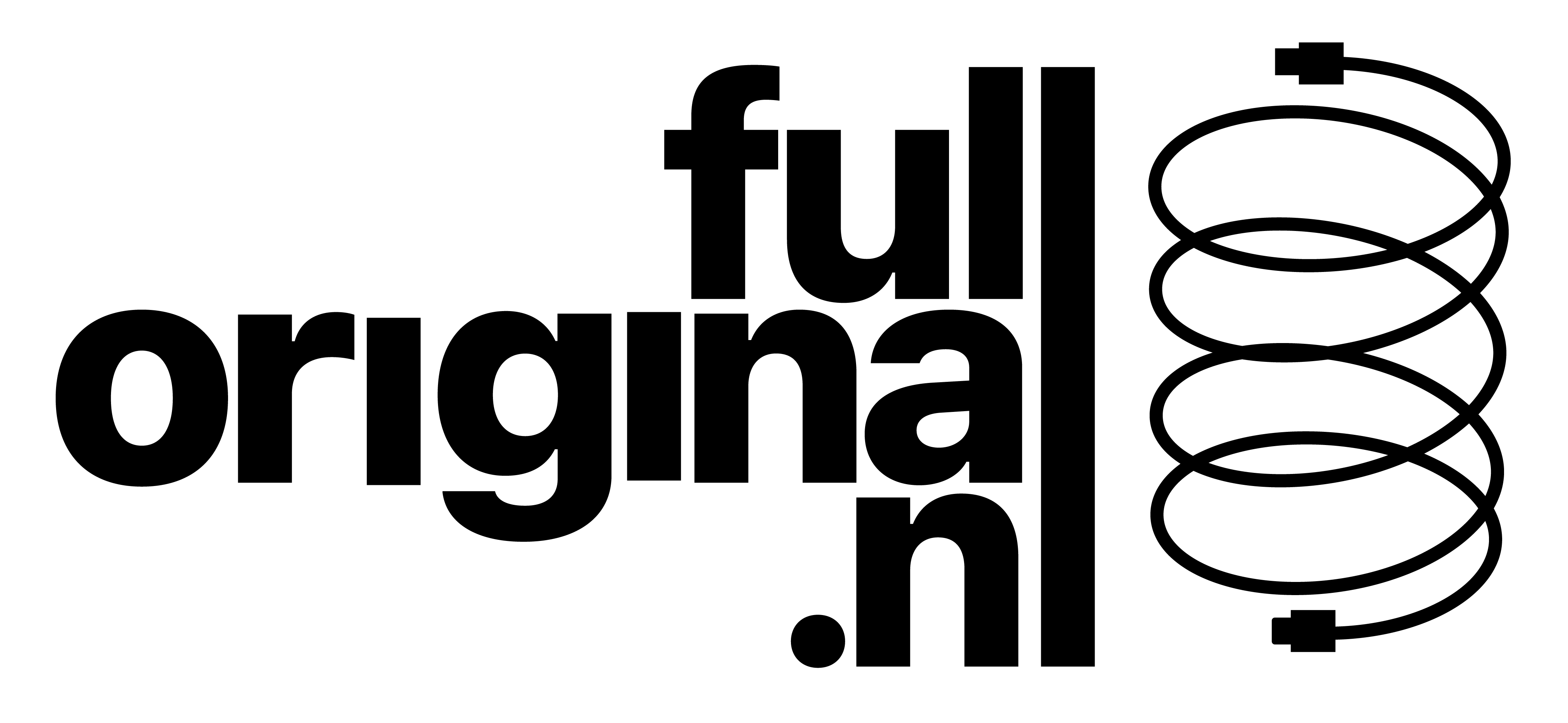- Certified phone accessories store
- 0616818330
- info@fulloriginal.nl
COVID-19: Who’s at higher risk of serious symptoms?
Curso: La ruta del desarrollador web Gratis EDteam
December 6, 2021Bookkeeping, Financial Auditing and Other Accounting Services Market Size, Share, Revenue, Trends 2024-2033 EIN Presswire
December 13, 2021Antigen-specific responses are decreased in folate-deficient humans and animals (Dhur, Galan et al. 1991). Alcohol also impacts the function of immune cells of the central nervous system (CNS), particularly astrocytes and microglia. Astrocytes are major glial cells that regulate neuronal function and CNS homeostasis. Their ability to serve as antigen presenting cells and produce cytokines in vivo has been controversial (Dong and Benveniste 2001). In vitro studies have shown that acetaldehyde modulates cytokine production by astrocytes in a dose-dependent manner (Sarc, Wraber et al. 2011). Specifically, 24 hours of exposure to both low (1mM) and high (5mM) concentrations of acetaldehyde stimulate IL-6 secretion, however, 7 days of exposure to the high concentration of acetaldehyde, significantly decrease IL-6 secretion (Sarc, Wraber et al. 2011).
Women drinking fewer than two drinks at a time and men drinking fewer than three drinks at a time is considered moderate drinking. Alcohol consumption can allow the hepatitis virus to persist as a chronic condition, and alcohol use disorder combined with hepatitis often accelerates liver disease progression. Gut barrier damage can make the body more vulnerable to food poisoning, and epithelial cell damage can hinder the intestines’ ability to absorb nutrients. When the gut barrier cannot function properly, harmful bacteria can leak into the bloodstream, leading to further complications. Alcohol also reduces sleep quality, which increases a person’s chances of getting sick and recovering from illnesses. Adequate sleep helps the body fight off infections and viruses, and the less sleep you get, the less your immune system can protect your body.
What is alcohol-related liver disease?
Principal signaling pathway and molecules involved in the communication microbiota/gut to the brain and liver. Gut microbiota can signal to the brain and liver through multiple direct and indirect mechanisms. https://ecosoberhouse.com/ Microbiota produces neurotransmitters, tryptophan metabolites, fermentation metabolic by-products such as short-chain fatty acids (SCFAs), the release of cytokines by immune cells and gut hormone signaling.
Sunlight may energize special cells in your immune system called T-cells that help fight infection. Many plants in the woods make phytoncides and other substances you breathe in that seem to bolster your immune function. In the summer, just 5-15 minutes of rays on your hands, face, and arms 2-3 times a week usually is enough.
Interplay Between Alcohol-Induced Stress & Immunity
To date, most studies have reported that heavy alcohol consumption directly alters the biodiversity of gut microbes and produces dramatic change in the relative abundance of some particular microbes, causing dysbiosis and inflammation in the gut [47,48,49]. Similar effects have been shown in moderate alcohol consumption and chronic consumption in animal models [46,50,51,52]. Unlike chronic alcohol consumption, binge drinking pattern (a frequent form of alcohol consumption, does alcohol weaken your immune system defined as 5 or more drinks for men and 4 or more drinks for women within 2 h) has not shown homogeneous results even using similar experimental designs. Some studies have found an effect of binge drinking on IMB (increased 16S rDNA levels) [53], but others have obtained negative results [54]; therefore, more studies are needed to elucidate this relationship. The interaction between the liver immune system and the microbiome, under normal health conditions, is limited.

The rest of the SCFAs reach the circulatory system via the superior or inferior mesenteric vein, reaching the brain and crossing the blood–brain barrier thanks to monocarboxylate transporters thus being able to act as signaling molecules between the gut and the brain [74]. Specifically, chronic alcohol consumption could reduce the SCFAs count through the reduction in some Firmicutes genera, such as Faecalibacterium and Ruminococcaceae, on which the production of SCFAs depends [75,76]. Furthermore, it has been described that alcohol consumption would also have effects on other microbiota derived metabolites, leading to increases in branched-chain amino acids [77] and peptidoglycans [78]. However, studies showing the effect of alcohol on these microbiota derived metabolites are scarce. Acute and chronic alcohol exposure can interfere with various aspects of the adaptive immune response, including the antigen presentation required to activate T- and B-cells, the activity of CD4+ and CD8+ T-cells, and the activity of B-cells. In addition, alcohol significantly inhibits PMN phagocytic activity as well as the production or activity of several molecules (e.g., superoxide or elastase) that are involved in the PMNs’ bactericidal activity (Stoltz et al. 1999), so that overall bactericidal activity ultimately is reduced.
Long-Term Effects of Alcohol on the Immune System
In general, people age 5 and older with typical immune systems can get any vaccine that is approved or authorized for their age. People who currently have cancer are at higher risk of developing more severe illness from COVID-19. This risk can vary, depending on the type of cancer and the kind of treatment you’re receiving.

